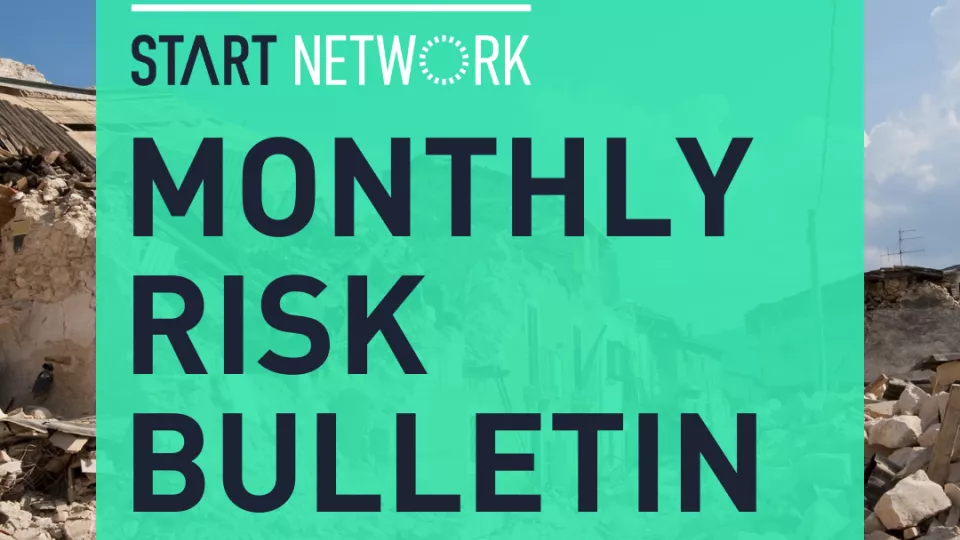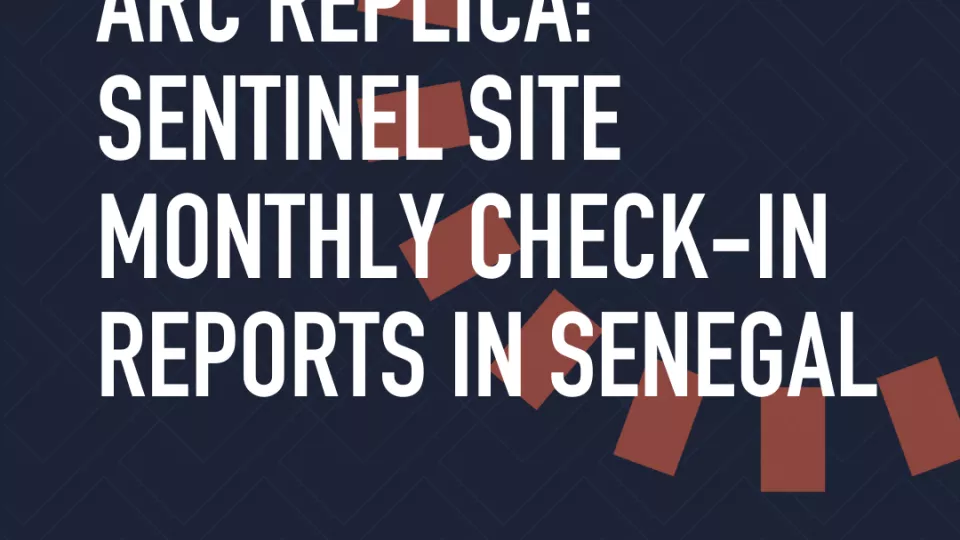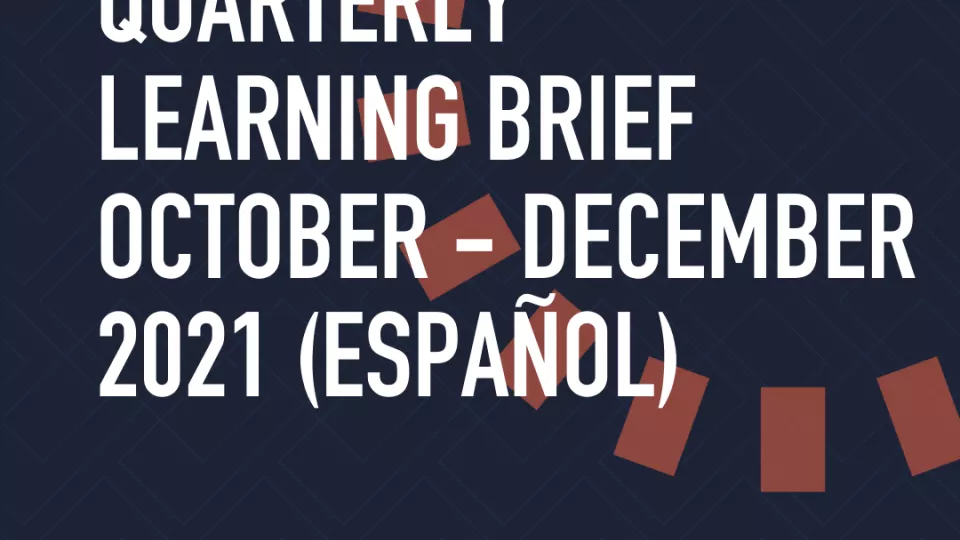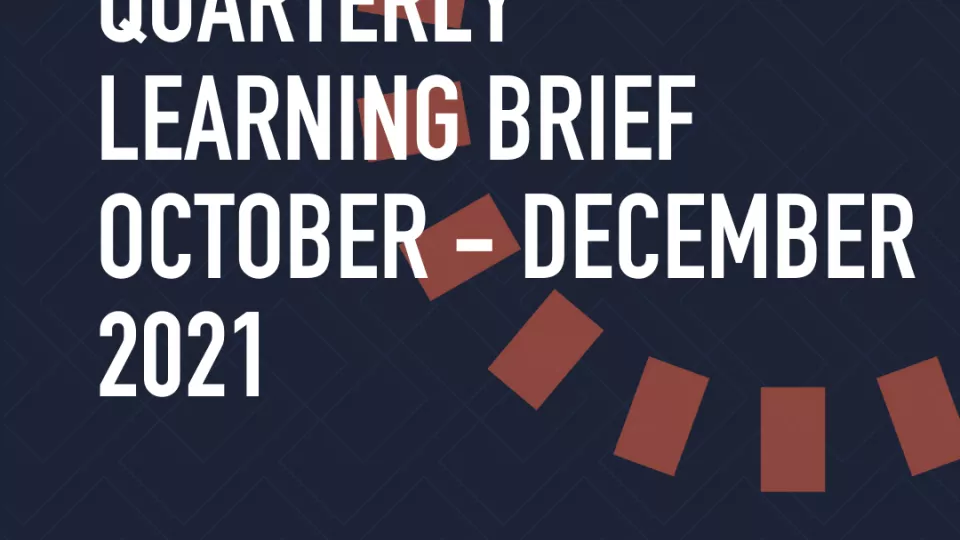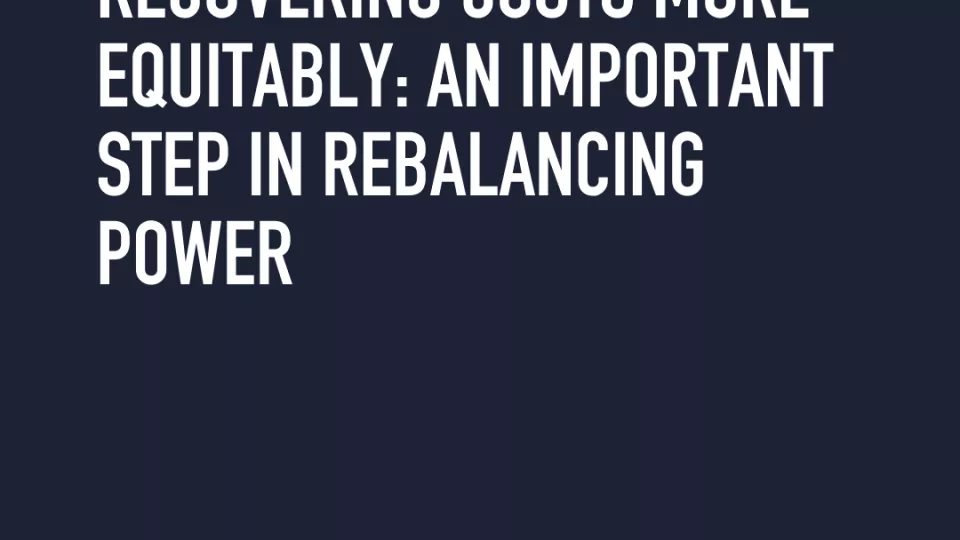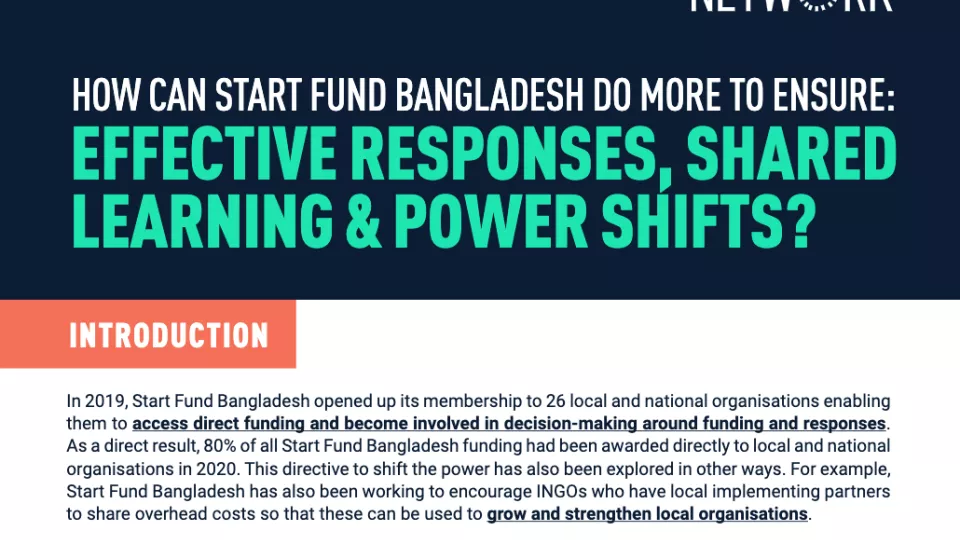In 2019, Start Fund Bangladesh opened up its membership to 26 local and national organisations enabling them to access direct funding and become involved in decision-making around funding and responses. As a direct result, 80% of all Start Fund Bangladesh funding had been awarded directly to local and national organisations in 2020. This directive to shift the power has also been explored in other ways. For example, Start Fund Bangladesh has also been working to encourage INGOs who have local implementing partners to share overhead costs so that these can be used to grow and strengthen local organisations.
To understand more about further changes that Start Fund Bangladesh could make, we listened to some of the reflections of Sina Chowdhury and Sirajul Islam who work for two of the local organisations that joined in 2019.
The verbatim quotes from the interviews provide a powerful and rich narrative around their experience working with Start Fund Bangladesh and as humanitarians and have led us to formulate three main lessons for the Start Network: BE MORE INCLUSIVE TO BE MORE EFFECTIVE; UPSKILL TO EMPOWER; and CHAMPION FOR CHANGE.
This report would be of interest to all those working towards a system change to a more locally led humanitarian system that is more accountable to those affected by crisis.
